To be sure you get the best possible results from your seeds, the horticultural team at Suttons subjects them to rigorous testing. We check for germination levels, seed purity and trueness to type by growing plants to maturity at our trial grounds. Provided you have the proper germination conditions, we’re confident you’ll succeed. Here are some helpful hints and tips to help get your seeds off to a strong start…
Planning to grow your own? Browse our wide range of vegetable seeds here. Or to fill your pots, baskets, beds and borders with good value colour, take inspiration from our high quality collection of flower seeds.
Choose where to sow your seeds
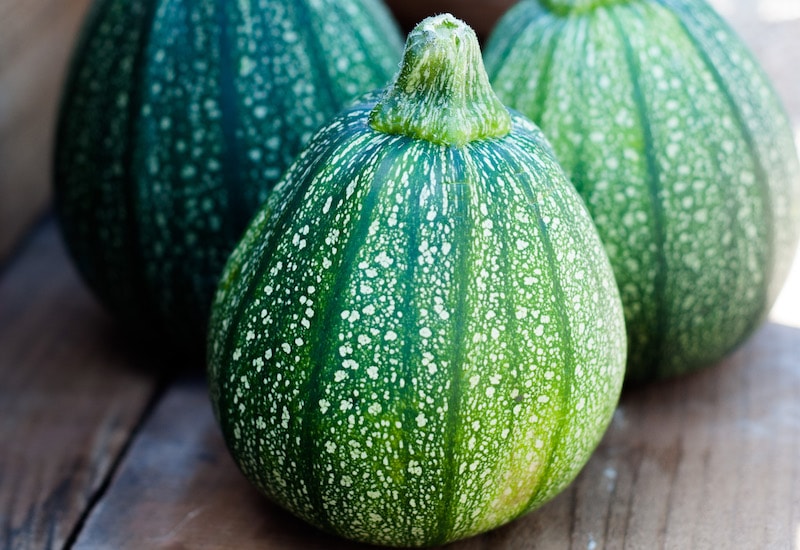
Image: ©Branded Garden Products
It’s important to read the growing instructions on our seed packets, as we regularly update this information based on our own trials. If you’re unable to reach the recommended temperatures at home, don’t worry, your seeds may just take a bit longer to germinate.
When sowing seeds outdoors, the soil should be warm, well-drained yet moist, and free from weeds. Once weeds begin to emerge, it’s a good sign that the soil is warm enough to start direct sowing. Rake the soil to a fine, crumbly surface and follow the directions on the packets.
When sowing seeds indoors, fill your seed trays with fresh, moist, high-quality seed compost. (Poor compost is often the reason that germination fails). Firm the surface and then sow your seeds. Cover with a light layer of compost or vermiculite (if necessary) before watering and placing in a warm, moist, well-lit location.
Seed sowing tips
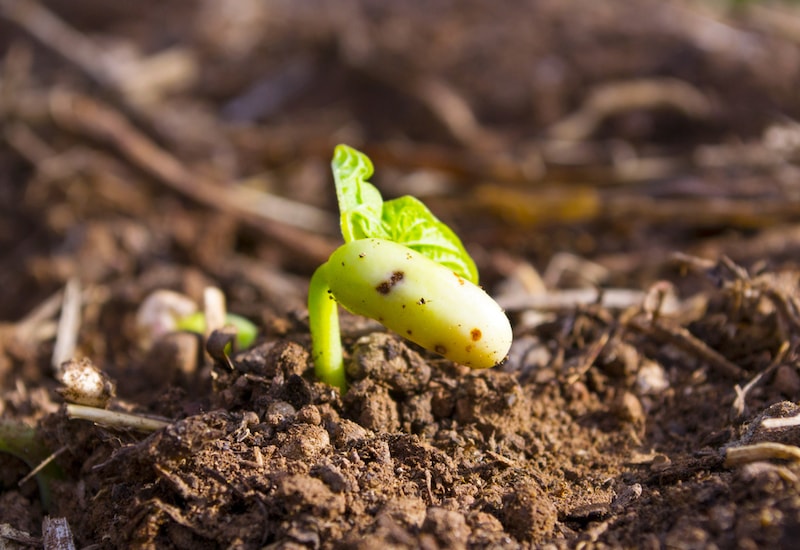
Image: Shutterstock
To germinate and thrive, seeds need the following:
- Correct sowing depth: Sowing too deep can lead to germination failure as the seed can run out of energy before the shoot reaches the surface. Always follow the packet instructions.
- Light: Most seeds need to be covered with soil or compost, but some, like lobelia and petunia seeds, need light to germinate. These seeds should be sown on the compost surface and left uncovered.
- Water: Seed can fail to germinate if the soil or compost is too wet or too dry. So how can you tell? Indoors, you can stand your planted seed trays in a sink of shallow water until you see the compost turn darker. This should provide sufficient moisture to ensure germination. For outdoor sowing, make sure the soil is moist before you sow your seeds.
- Temperature: The ideal germination temperature for each seed can be found on the packet. Remember: temperatures that are too high, as well as too low, can inhibit germination. Don’t be tempted to sow earlier than recommended.
Protecting seedlings from pests and diseases
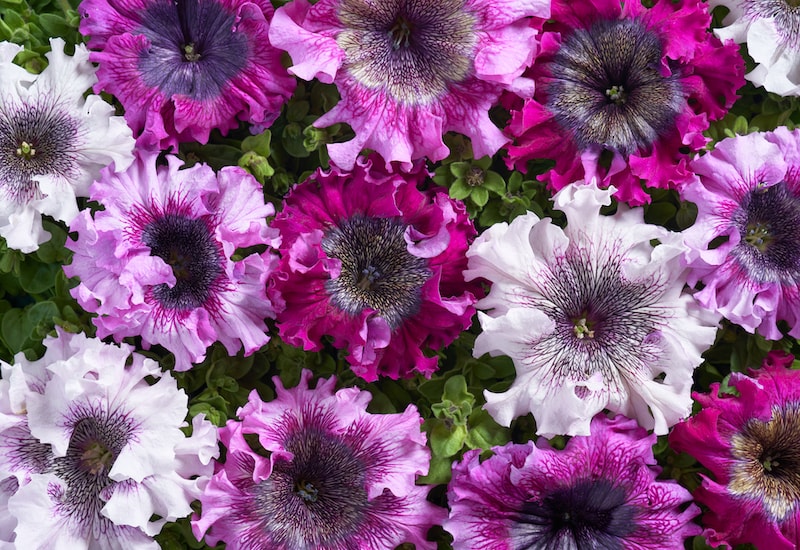
Image: Petunia Superbissima Triumph Mix Seeds from Suttons (NEW)
One of the most common reasons that seedlings die is a soil-borne fungal disease called ‘damping off’. It’s more likely to strike if seeds are sown too thickly, don’t get enough light or are exposed to excessive humidity. The result is weak seedlings that collapse and rot, or seedlings that fail to emerge at all.
To reduce the risk of ‘damping off’, wash and dry all seed trays and pots before reuse, invest in good quality commercial compost and water your seeds with tap water until they get well-established.
The easy way to sow seeds: video guide
We hope these tips help you to get your seeds off to a strong and healthy start. Not sure what to sow and when? Visit our helpful list of seeds to sow now for a month-by-month guide.
Last Updated on September 13, 2024 by Suttons Horticultural Team

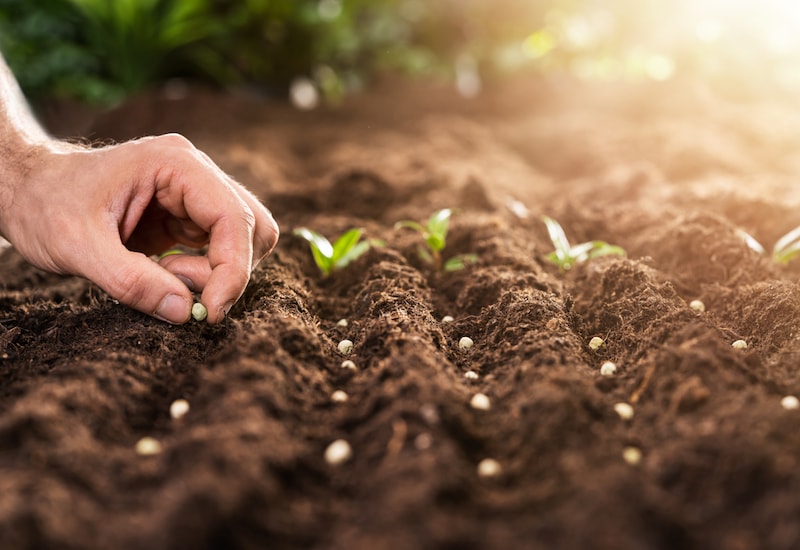

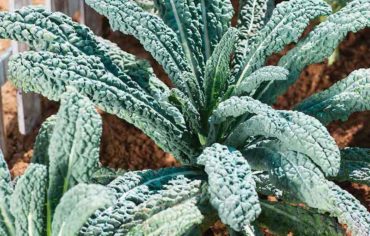
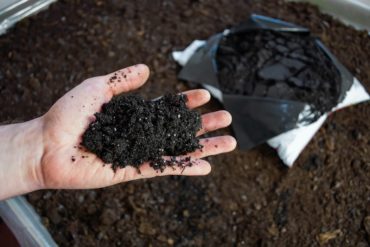
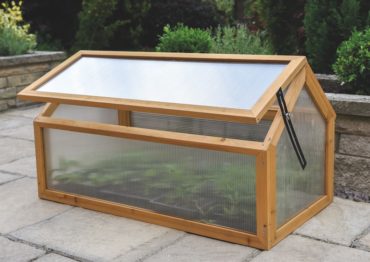
What seed compost would you recommend for tomato seeds?
Hello John. I’m sorry that you are dissatisfied with your plug plants. I have referred you to our Customer Care Team.
Very dissatisfied with my order of foxglove plug plants last week most have not taken the others fingers crossed may be ok but 6 out of 24 is not satisfactory.